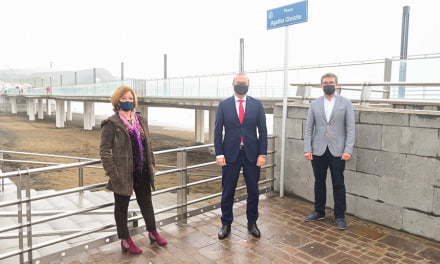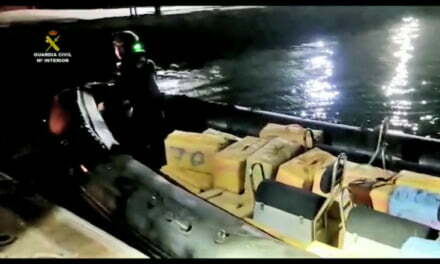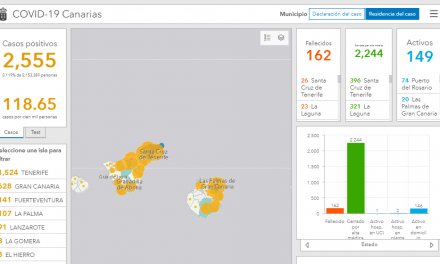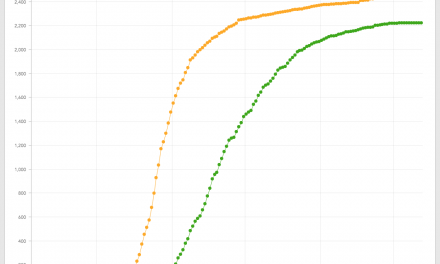The President of the Government of the Canary Islands, Ángel Víctor Torres, announced “tough and drastic” sweeping new measures this Thursday, following the extraordinary session of the Governing Council and a meeting for the coordination of security forces, in an appearance before the media. The new rules will apply to those islands that show COVID19 infections incidence of 100 cases or more per 100,000 inhabitants, as is currently the case on Gran Canaria and is expected to be on Lanzarote from tomorrow, which has so far recorded 99 cases per 100,000 inhabitants.
The government proposes the suspension of both outdoors and indoors events of any kind, the closure of all occupational day centres, and restaurants will need to close no later than midnight. In addition, generalised tests are to be carried out in old people’s homes. Religious, social or institutional acts of more than 10 people are to be prohibited in areas or municipalities where there are 100 positives per 100,000 inhabitants. It will be recommended that family gatherings be limited cohabitants and that masks become mandatory in the workplace.
These tough measures are to be mandatory on islands with an incidence of 100 cases per 100,000 inhabitants or more, a threshold that Gran Canaria already meets and which Lanzarote will meet, if the increase in cases continues, over the next few hours.
On all the islands the government will seek to limit social encounters to people who cohabit only. Seeking to minimise contacts outside of the family or home environment.
In addition, 100 track and trace personnel have been requested from the Spanish Army sampling points are to be increased, especially on Gran Canaria, with laboratories processing tests at full capacity 24 hours a day. One of the test facilities will be accessible by car and will be located at the Doctor Negrín University Hospital in Las Palmas de Gran Canaria. PCR test sample collection points will increase from 9 to 15.
Security vigilance on the streets will be reinforced to ensure sanitary measures are being properly observed. The new measures are expected to come into force this Saturday (29 August) once the details have been published in the Official State Gazette of the Canary Islands (BOC). The new rules will be in force for at least the next fifteen days, until September 13 by which time it will be under review and if necessary renewed.
These decisions came following the extraordinary meeting of the Governing Council, which this Thursday morning focused on monitoring the evolution of the pandemic, following a record increase of 338 new infections, bringing the count of current active cases to 3,124 with two new deaths. Gran Canaria continues as primary focus of covid-19 across the archipelago. A coordination meeting was also held this Thursday afternoon with the State, regional and local Security Forces with representatives of the town halls and cabildos of Gran Canaria, Fuerteventura and Lanzarote, together with members of the Las Palmas de Gran Canaria city council.
The objective of these sweeping new measures, announced on Thursday, is to stop the spread of coronavirus, with more infections registered so far this month than at any time during the period from March to June, and focused around the capital of Gran Canaria, which remains the epicentre of this new and intense outbreak of the pandemic, although not as deadly as that experienced in the first wave of Covid-19.
He stressed that Gran Canaria is currently monitoring around 50 active outbreaks mainly from within the family and social environments, so these new measures are aimed at stopping this type of outbreak.
He announced that more restrictive and harsh measures will be taken if the figures do not improve and appealed for compliance with all sanitary measures and restrictions for the common good. These new restrictions will be evaluated periodically and may be modified or hardened depending on the evolution of the pandemic.
The president urged social and individual responsibility. “Compliance with the rules is key to the health and development of our land,” said Torres. He stressed that you cannot put a policeman behind each canary islands citizen to prevent them from violating the measures meant to stop the spread of the pandemic.
“The situation is worrying, and on some islands it is especially so,” he said.













